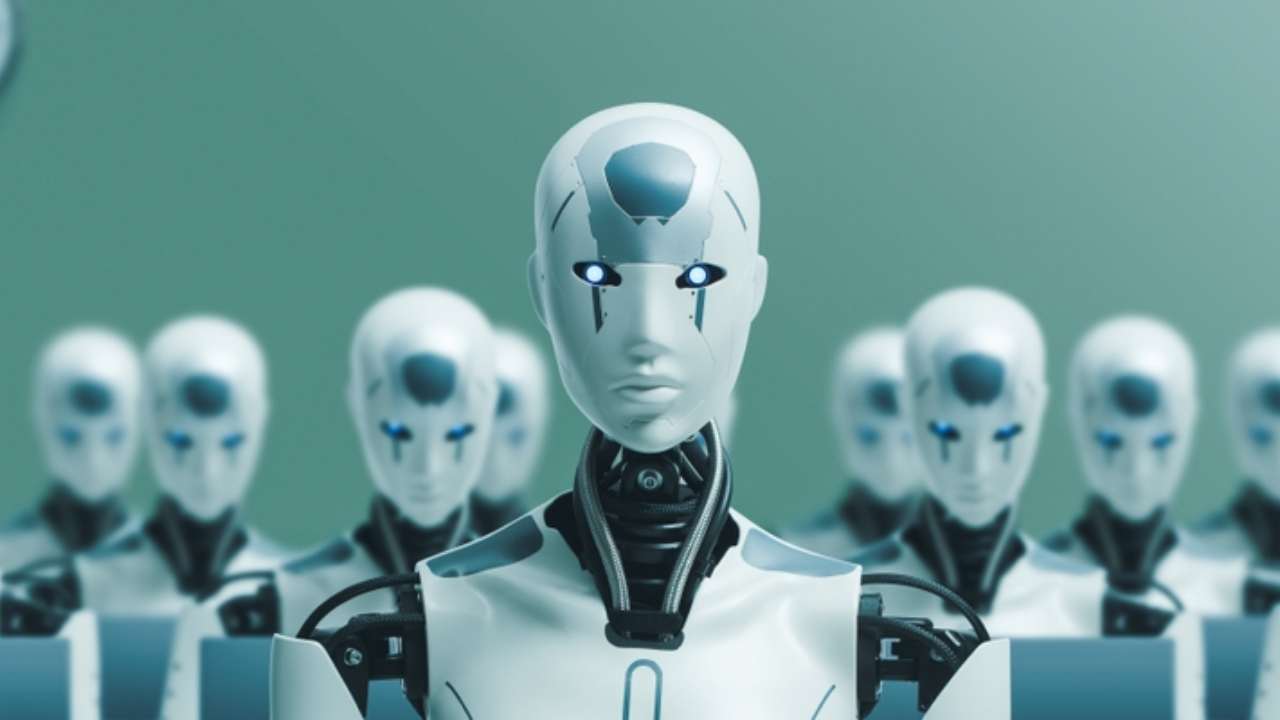Warning: AI can lead to extinction
Artificial Intelligence (AI) has captured the attention of world-renowned experts, including leading figures such as OpenAI's Sam Altman, Google DeepMind's Demis Hassabis, and Anthropic's Dario Amodei. These AI industry leaders highlighted a disturbing aspect: AI could pose a threat to the survival of humanity itself. This alarm was shared by a group of scholars, including AI pioneer Geoffrey Hinton.
 Global Risks and the Emergency of Alert: Artificial Intelligence Can Lead to Extinction
Global Risks and the Emergency of Alert: Artificial Intelligence Can Lead to Extinction
The Center for AI Safety, an organization with a team of experts active in the field of AI, has expressed a far-reaching concern. According to them, the risk of AI-related extinction should be considered in the same way as global threats such as pandemics and nuclear wars. This statement highlights the need to address and mitigate the possible negative impacts that AI could have on society.
Reflections Expressed by International Experts
Physicist Roberto Battiston of the University of Trento and former professor of Information Engineering at the University of Pisa, Luca Simoncini, are among the Italian experts who share these concerns. According to Battiston, the problem is not so much about superintelligence imposing itself on humanity, but rather about the effect that AI algorithms will have on people's daily lives. This impact could influence electoral processes, spread fake news and shape news channels that promote disinformation.
 Varied Implications
Varied Implications
Luca Simoncini observes that the ever-expanding use of AI is revolutionizing various sectors of society. However, this proliferation of AI also presents serious challenges. Its effects are felt in various fields, from economics to politics, from education to ethics. A clear example is the production of fake news, as well as the management of self-driving cars. Simoncini emphasizes that AI can be a force for good when used for beneficial purposes, such as in the biomedical or pharmaceutical fields.
Historical Parallels and the Need for Action
The Center for AI Safety's warning evokes parallels with the past, echoing Bertrand Russell and Albert Einstein's 1955 manifesto, which highlighted the risks of nuclear weapons. This comparison suggests that humanity should not ignore the potential negative consequences of artificial intelligence. As in the past, it is essential to proactively address these issues, adopting strategies that guide the responsible and informed use of AI in the interests of society and the very survival of humanity.
Conclusion: A Call to Action for the Global Community
The alert launched by leading figures in the AI industry and supported by Italian experts requires immediate attention. AI, with its transformative potential, must be approached with a mindset of responsibility and vigilance. While AI offers unprecedented opportunities, it is imperative to consider negative impacts and take preventative measures to prevent innovation from putting humanity at risk.







